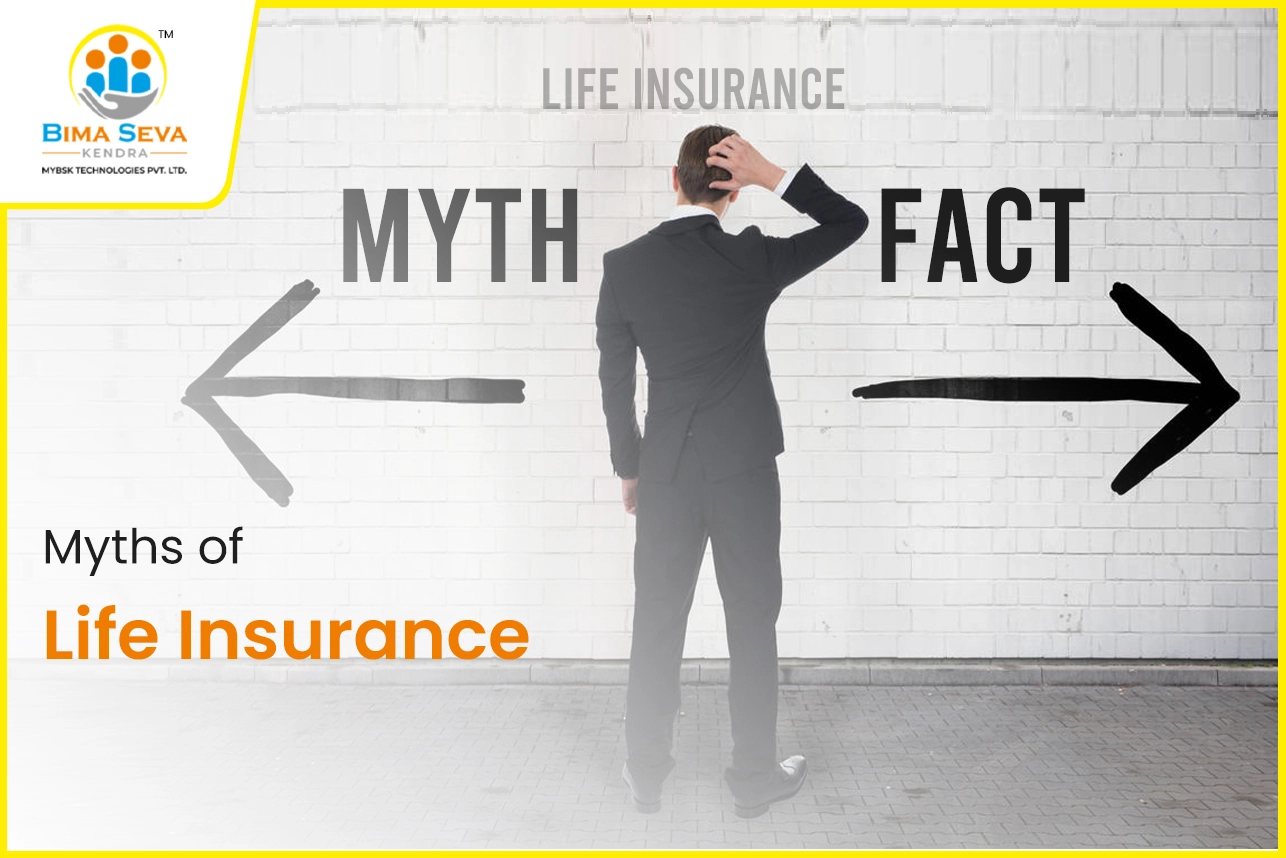What Does Renters Insurance Actually Cover? A Simple Guide
If you rent an apartment, house, or condo, you might think insurance is just for homeowners. But what if your apartment floods? What if there’s a fire or break-in and your things are gone? That’s where renters insurance steps in.
The good news? It’s affordable, easy to get, and could save you thousands of dollars. But many renters still ask: What does renters insurance actually cover?
This simple guide will explain everything you need to know—what’s covered, what’s not, how much it costs, and how to get the best deal in 2025.
🏠 What Is Renters Insurance?
Renters insurance is a policy designed to protect tenants—not landlords. While your landlord’s insurance covers the building, it doesn’t cover your personal belongings or liability.
Think of it this way:
- If the building burns down, your landlord gets reimbursed for the structure.
- If your laptop, furniture, or clothes are destroyed—you’re on your own… unless you have renters insurance.
✅ What Renters Insurance Covers (The Essentials)
Most renters insurance policies cover three main areas:
1. Personal Property
This covers your stuff if it’s damaged, destroyed, or stolen due to events like:
- Fire or smoke
- Theft or vandalism
- Burst pipes or water damage (not floods)
- Windstorms or hail
- Electrical surges
- Certain natural disasters (depending on the policy)
Covered items usually include:
- Electronics (laptops, TVs, phones)
- Furniture and bedding
- Clothing and shoes
- Appliances (if you own them)
- Jewelry (up to certain limits)
- Kitchenware, books, bikes, etc.
💡 Pro Tip: Always keep a digital inventory with receipts or photos of valuable items. It makes filing a claim easier and faster.
2. Liability Protection
What if someone slips and falls in your apartment and sues you? Renters insurance includes liability coverage, which pays for:
- Medical bills of injured guests
- Legal fees if you’re sued
- Damage you accidentally cause to someone else’s property
Most policies include $100,000 in liability, but you can raise this limit for a small extra cost.
3. Loss of Use (a.k.a. Additional Living Expenses)
If your rental becomes uninhabitable due to a covered event (like a fire), this coverage helps pay for:
- Hotel stays
- Restaurant meals
- Temporary rentals
- Laundry or extra transportation costs
It keeps you comfortable while your place is being repaired or rebuilt.
🚫 What Renters Insurance Doesn’t Cover
Understanding what isn’t covered is just as important. Here are common exclusions:
❌ Flood Damage
Standard policies do not cover damage from flooding due to rising water or storms. If you live in a flood-prone area, consider getting separate flood insurance through FEMA or private companies.
❌ Earthquakes
Like floods, earthquakes usually require a separate rider or standalone policy.
❌ Pest Infestations
Bedbugs, mice, or cockroach problems? Unfortunately, that’s considered maintenance—not a covered loss.
❌ Roommate’s Belongings
Renters insurance only covers your stuff, unless your roommate is listed on the policy.
❌ Expensive Items Beyond Limits
High-value items like jewelry, art, collectibles, or professional gear may be covered only up to a set limit (e.g., $1,500 for jewelry). You can buy scheduled personal property coverage to protect them fully.
💸 How Much Does Renters Insurance Cost in 2025?
Good news: renters insurance is still one of the most affordable types of insurance out there.
- Average cost: Around $15–$25 per month in 2025
- Annual cost: About $180–$300 per year
Your rate depends on:
- Location (high-crime or disaster-prone areas may cost more)
- Amount of personal property you want to insure
- Deductible amount (higher deductible = lower premium)
- Coverage limits and optional extras
🔍 How Much Coverage Do You Need?
Here’s a simple breakdown:
🛋️ Personal Property:
Make a list of everything you own and estimate its total value. Most people have $20,000 to $40,000 worth of stuff without realizing it.
👩⚖️ Liability:
A basic $100,000 limit is fine for most renters, but go higher if you often host guests, have a pet, or want extra peace of mind.
🏨 Loss of Use:
Ensure this coverage can handle at least 2–3 months of your living expenses, just in case.
💡 Tips to Get the Best Renters Insurance
- Compare Quotes Online
Use tools like Lemonade, Policygenius, or NerdWallet to get quick comparisons. - Bundle with Auto Insurance
Most insurers offer discounts if you bundle renters and car insurance together. - Increase Your Deductible
A higher deductible lowers your premium—but make sure it’s an amount you can afford in a pinch. - Check for Discounts
Many insurers offer savings if you:
- Have smoke alarms and fire extinguishers
- Pay annually instead of monthly
- Set up auto-pay
- Read the Fine Print
Make sure you understand what’s excluded. Ask your agent or insurer about add-ons if needed.
🏆 Best Renters Insurance Companies in 2025
Based on customer service, affordability, and ease of claims, here are top-rated providers:
- Lemonade: Fast, app-based experience, great for tech-savvy renters
- State Farm: Nationwide presence with helpful local agents
- Allstate: Customizable policies with optional coverage upgrades
- Progressive: Good bundling options with auto or motorcycle insurance
- USAA: Excellent for military members and families
🧠 Final Thoughts
Renters insurance might seem optional—until something goes wrong. At just a few bucks a week, it’s one of the smartest, most affordable ways to protect your belongings, your budget, and your peace of mind.
It covers your stuff, shields you from lawsuits, and pays for a hotel if disaster strikes. Even if you never file a claim, knowing you’re protected is worth it.
So don’t wait—compare quotes, get covered, and sleep easy knowing your world is protected.









Post Comment